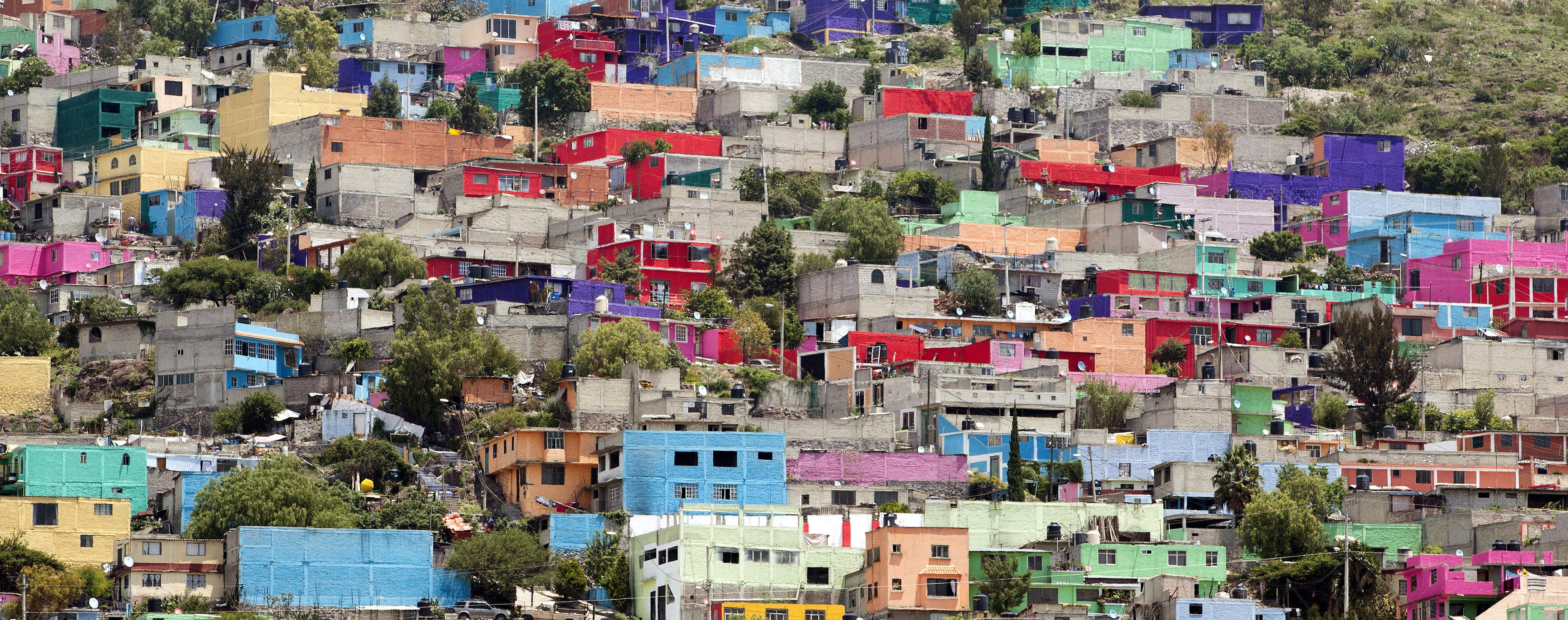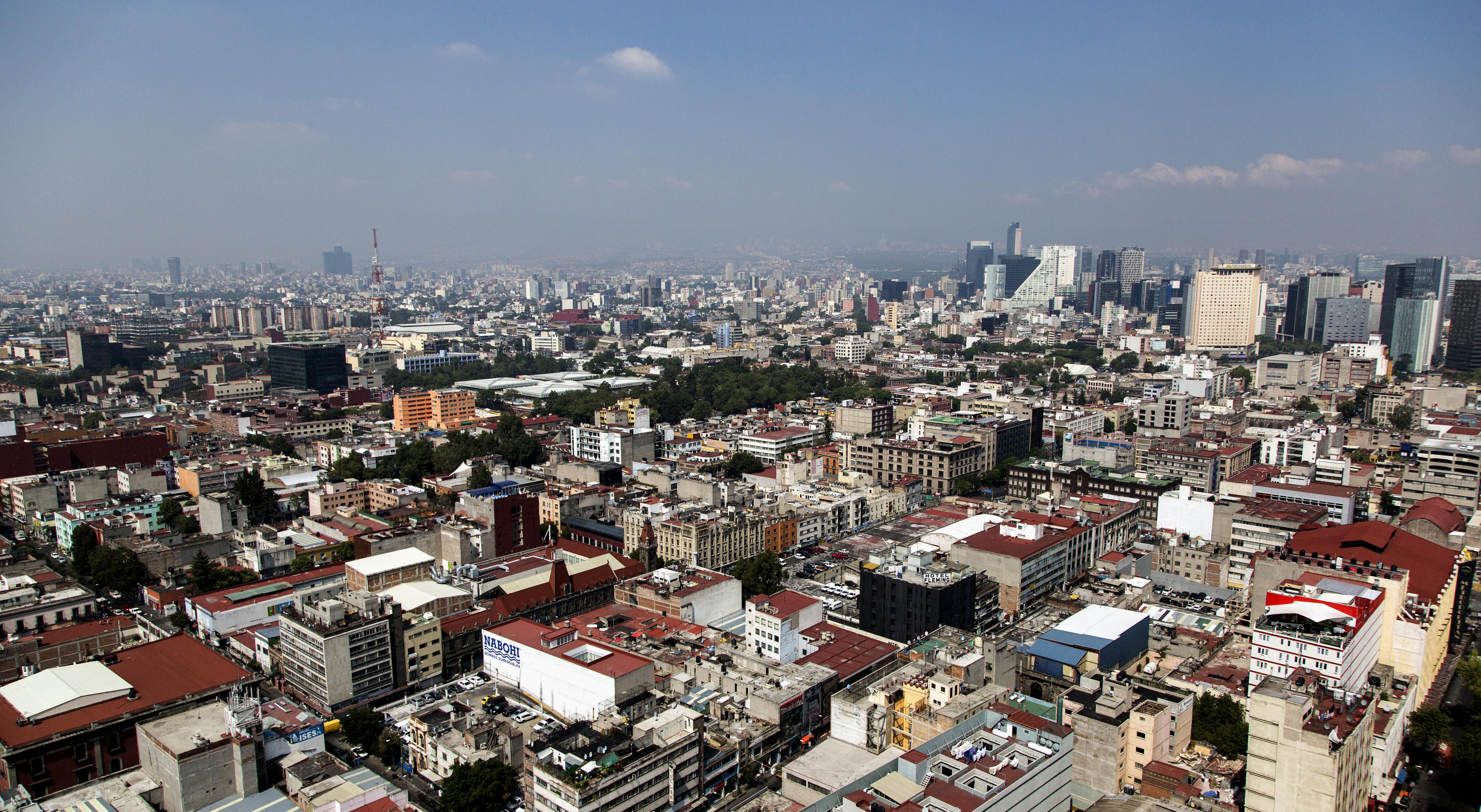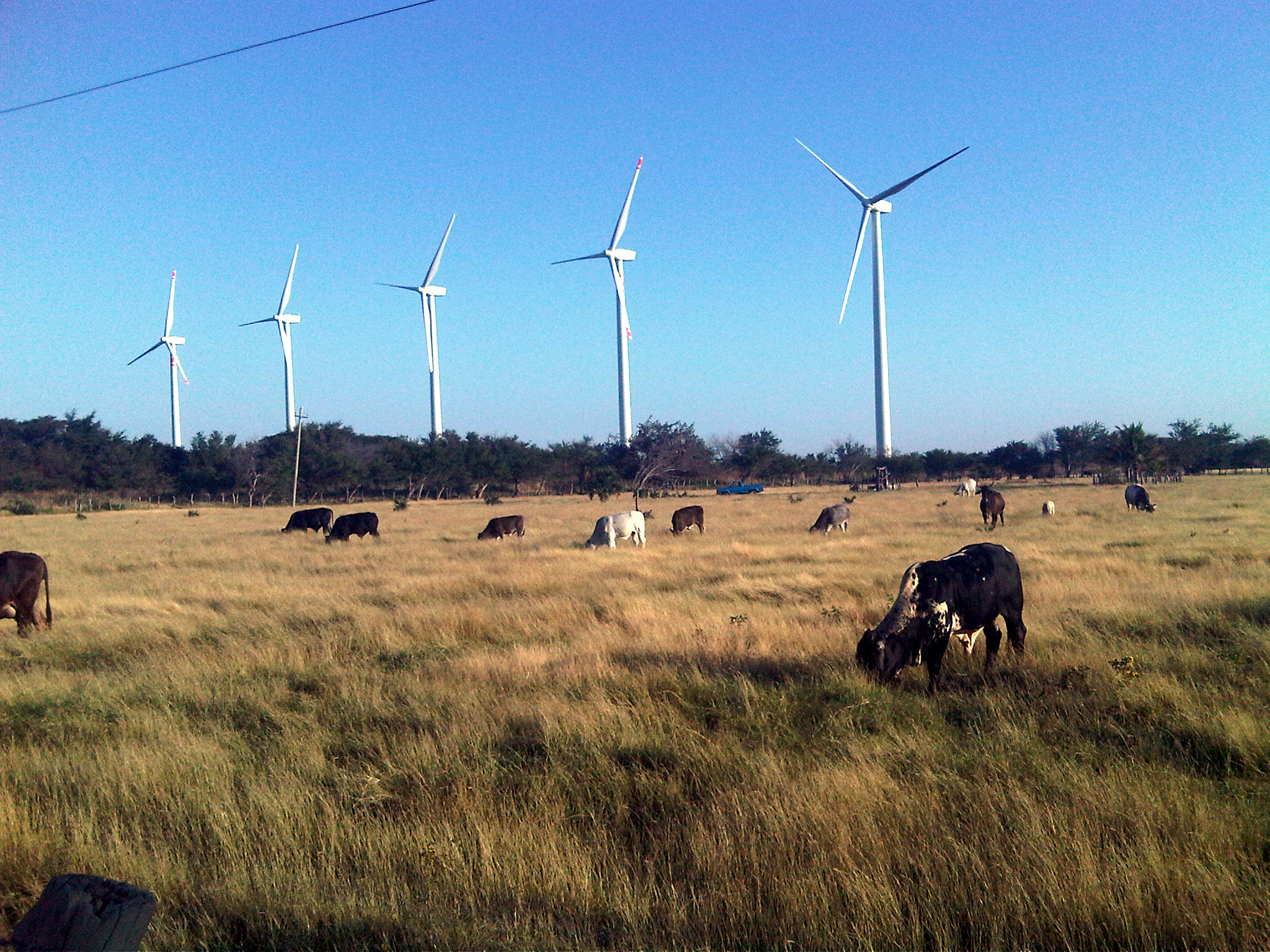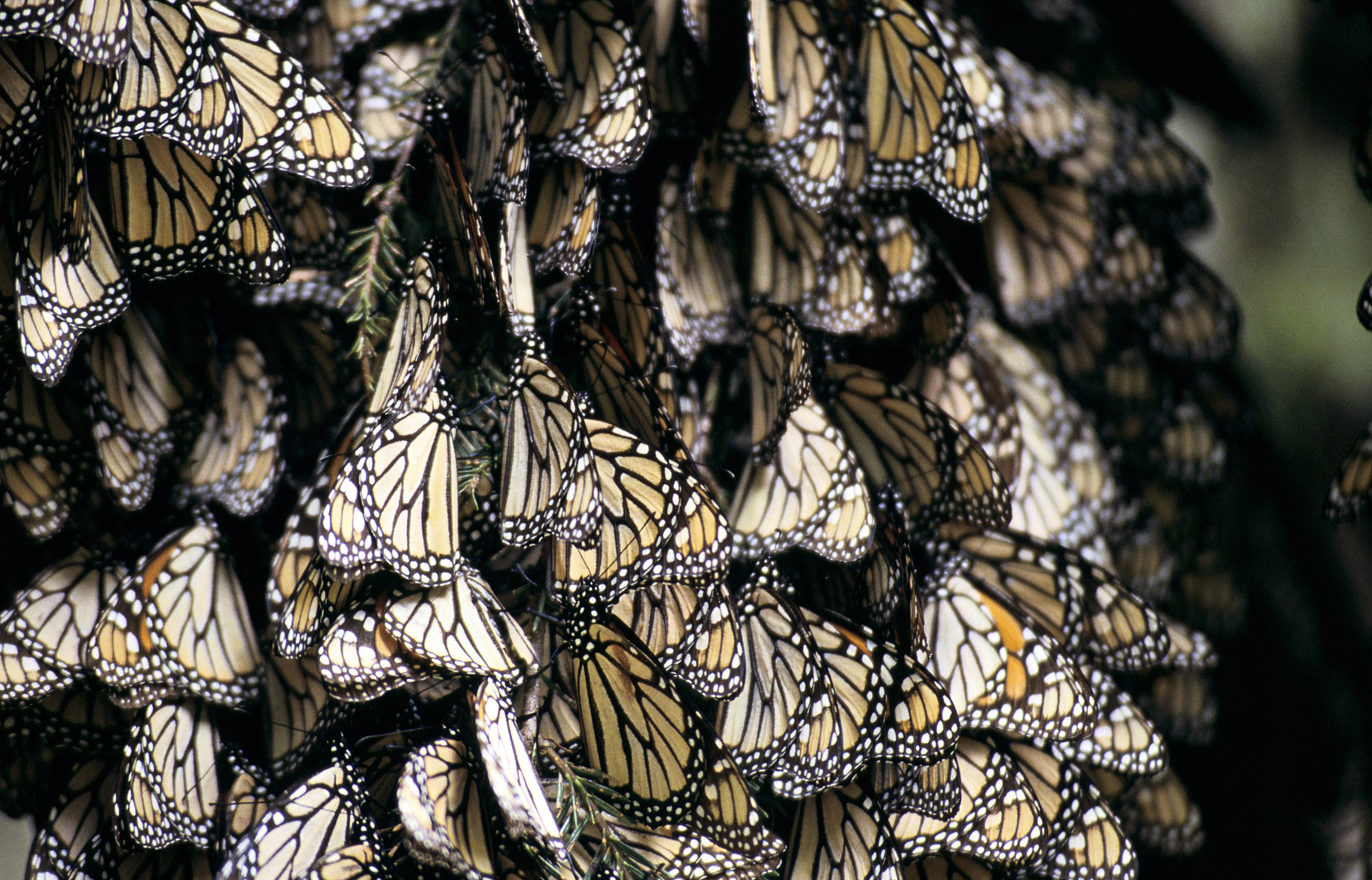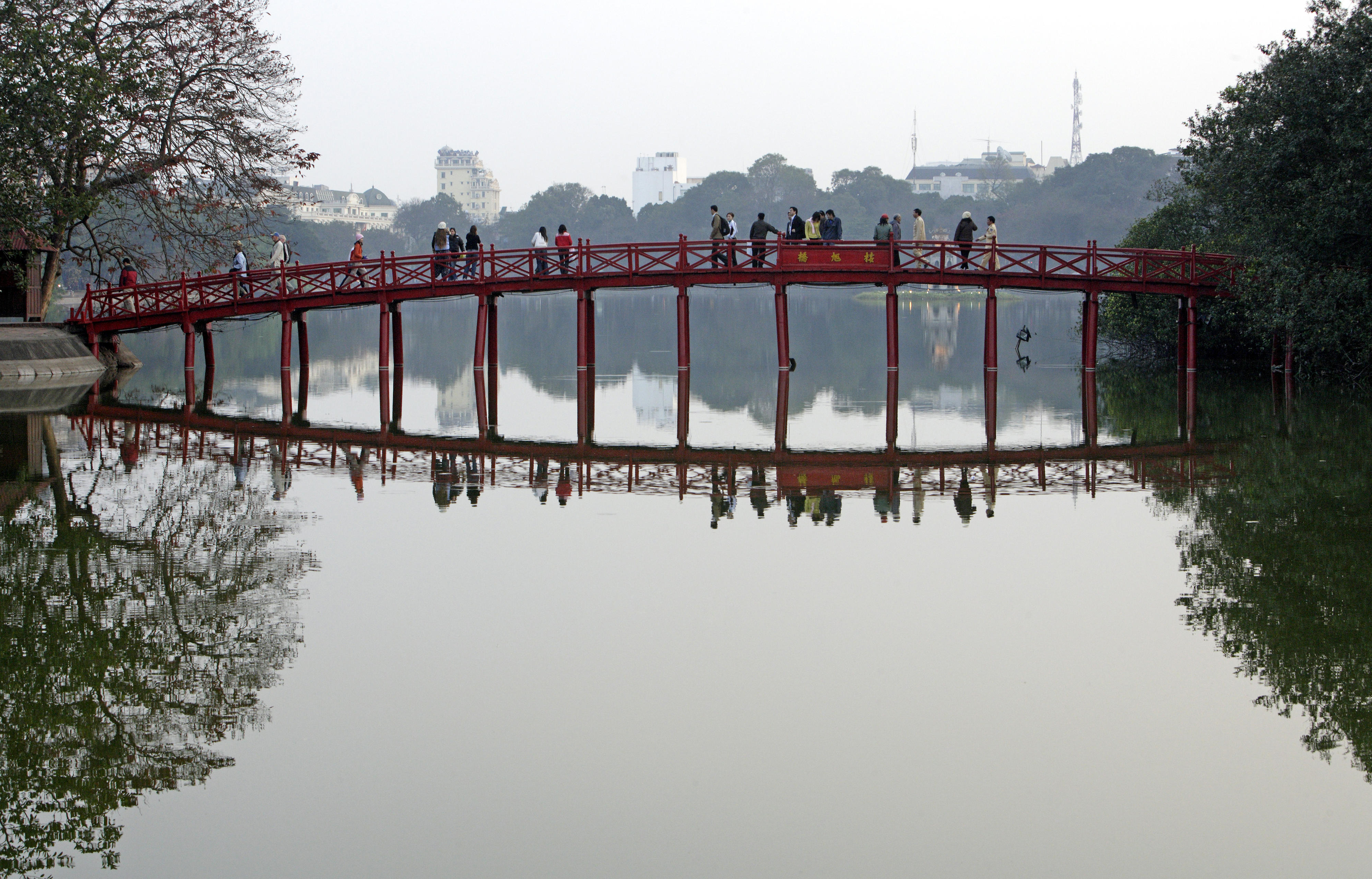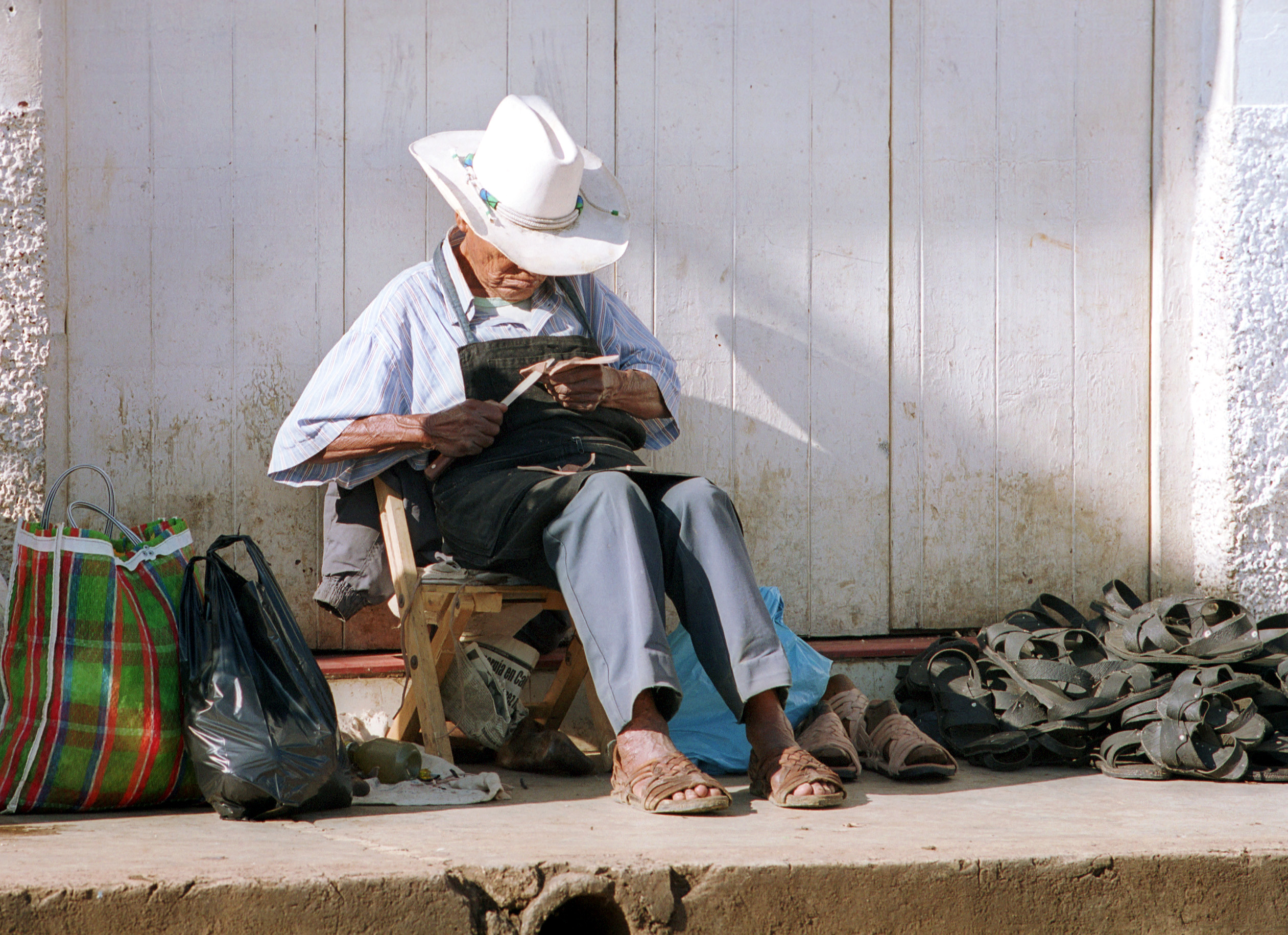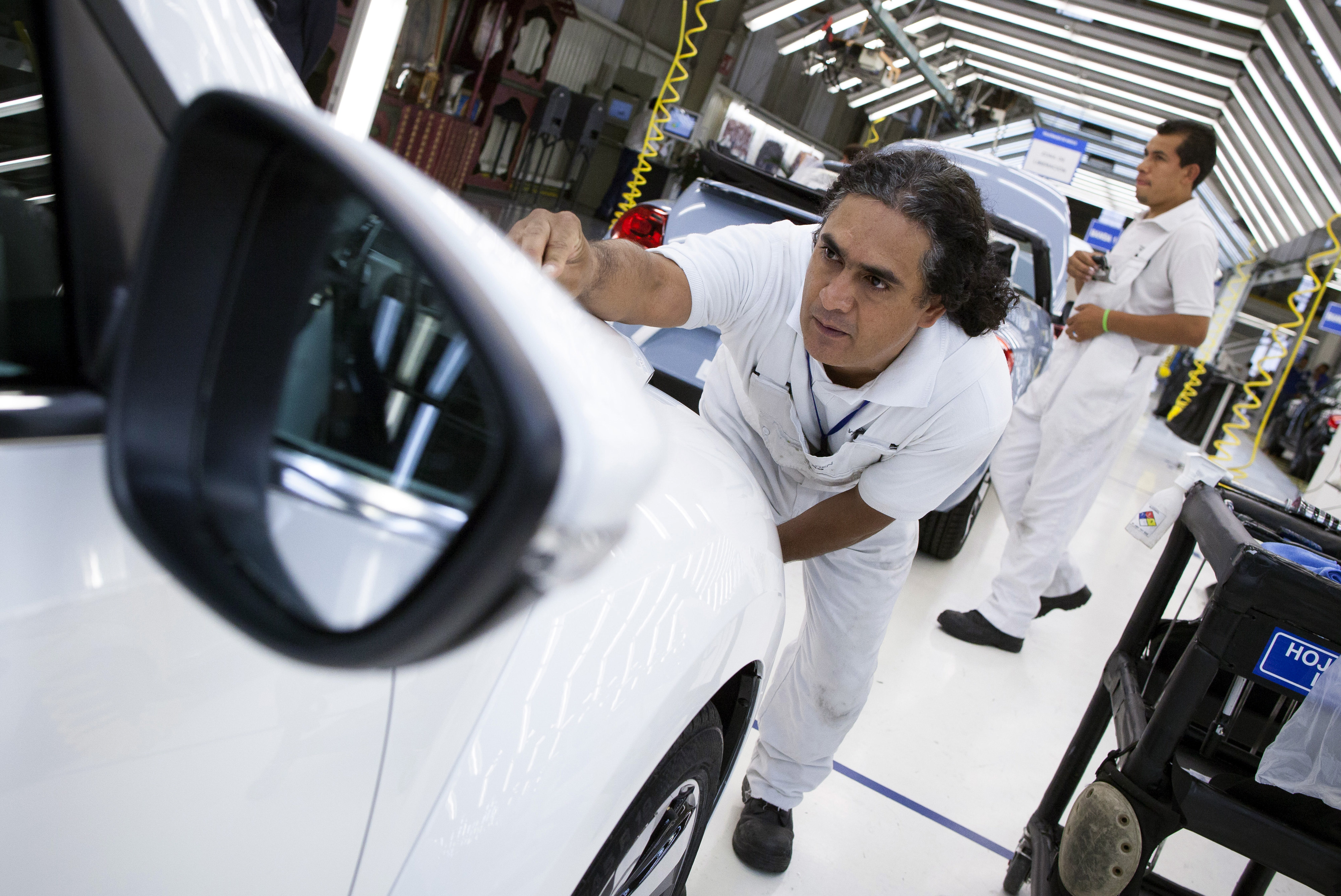Colorful houses in a suburb of Mexico City
Copyright© Thomas Köhler/photothek.net
Mexico
It is one of the world’s biggest emitters of greenhouse gases and can therefore make a considerable contribution towards reducing emissions. At the same time, Mexico is very much feeling the impacts of climate change itself, being hard hit by droughts and other natural disasters. As a country with an extremely high level of biodiversity, Mexico also plays a key role in fighting species extinction.
The World Bank classifies Mexico as an upper-middle-income economy – although it is also a country of vast social disparities. More than 35 per cent of the population lives in poverty. Sustainable development is particularly hampered by organised crime.
German development cooperation with Mexico
As a G20 member, Mexico is a global partner of German development cooperation. The Federal Ministry for Economic Cooperation and Development (BMZ) works with these partners to find joint solutions for the key issues that will determine our global future, with a view to achieving sustainable, climate-neutral, resilient development.
The main focus of German-Mexican cooperation is on climate action and adaptation to climate change, and on the protection, sustainable use and rehabilitation of natural resources.
At the government negotiations with Mexico in September 2023, the BMZ committed a new amount of up to 280.5 million euros for development cooperation projects. The commitment comprises 23.5 million euros for Technical Cooperation and 257 million euros for Financial Cooperation. The commitment for Financial Cooperation is in turn divided into 250 million euros in the form of loans and 7 million euros as grants.
Development cooperation with Mexico focuses on the following core areas:
- Climate and energy, just transition
Areas of intervention: Climate change mitigation and adaptation, and also sustainable urban development with a focus on climate-friendly transport - Conserving nature and natural resources, protecting life on Earth
Area of intervention: Biodiversity - Sustainable economic development, training and employment
Area of intervention: Vocational training
Other aims of German development cooperation with Mexico are to strengthen the rule of law and to improve access to justice, as well as enhancing social and political inclusion, especially for women and young people.
The BMZ coordinates German-Mexican development cooperation activities closely with the activities of the Federal Ministry for Economic Affairs and Climate Action, the Federal Ministry for the Environment and the Federal Foreign Office, which are also actively engaged in Mexico in the areas of climate action and biodiversity conservation under the framework of Germany’s International Climate Initiative (External link) (IKI).
Furthermore, Germany supports Mexico as a partner in triangular cooperation, whereby Mexico and Germany work together to pass on their experience to other countries in the region.
Triangular cooperation: Sharing experience
Germany and Mexico have been implementing joint projects in the form of triangular cooperation arrangements with other partner countries since 2006. The two countries pool their financial resources and their knowledge in order to support third countries with regard to concrete measures, such as activities concerned with urban environmental protection, human rights and biodiversity conservation.
For example, a triangular cooperation arrangement involving Germany, Mexico and Colombia is promoting respect for human rights in economic supply chains. In another triangular arrangement, Mexico and Germany are working with Colombia and Peru to reduce transport emissions through regulation and by improving operating processes.
SDG trends for Mexico
- On track or maintaining SDG achievement
- Moderately improving
- Stagnating
- Decreasing
- Trend information unavailable
